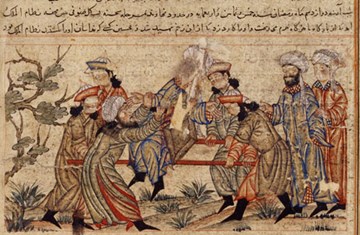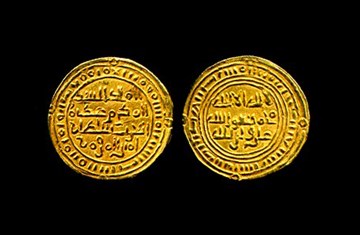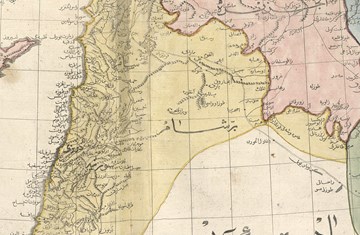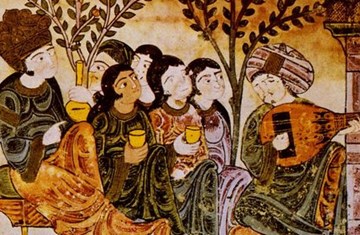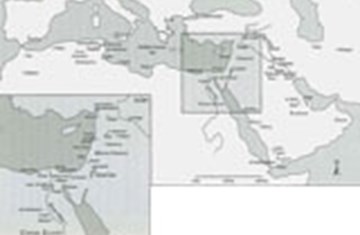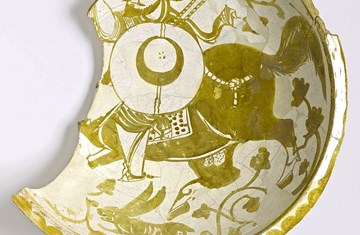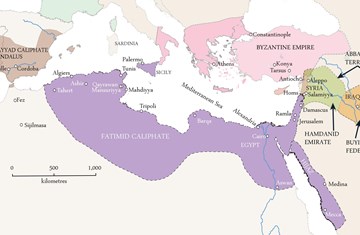Religious Pluralism in Egypt: The Ahl al-kitab in Early Fatimid Times
Keywords: Fatimids, Egypt, Shi‘i Studies, Ismaili Studies, Pluralism, Tolerance, Interfaith Relations, Jews, Christians, Egypt, imam-caliphs, ahl al-kitab, ahl al-dhimma, people of the book, people of the covenant of protection, al-Mu‘izz li-Din Allah, al-‘Aziz bi’llah, Judaism, Christianity.
Abstract: The Fatimid imam-caliphs were the sovereigns of a vast, multi-religious and multicultural empire. In this capacity, they had to formulate policies concerning various segments of the population. This paper examines the approach of the first two Fatimid rulers, al-Mu'izz li-Din Allah (r. 953-975 CE) and al-Aziz bi'llah (r. 975-996 CE) towards their non-Muslim subjects the ahl al-kitab or the ahl al-dhimma, the people of the covenant of protection. In the case of Egypt, this referred to the Christians and Jews.
Introduction
When the Fatimids conquered Egypt in 969, its society was truly pluralistic. Among the Muslims, the Sunnis were the mainstay of the population, followed by a sprinkling of the Ithna ‘Ashari and Ismaili Shi‘a. There was a sizeable indigenous Christian population (Copts and Melkites), and officials who hailed from these communities administered the financial and clerical bureaux in the main. A well-established Jewish community formed the backbone of Egypt’s active involvement in commerce. The Fatimids, as the new rulers of Egypt, had to accordingly develop strategies to govern each of these distinct segments of the indigenous Egyptian populace, and to do so in such a manner as to form a cohesive whole.
How did the first two Fatimid imam-caliphs in Egypt fare in their endeavour to maintain a pluralistic community, or, indeed a pluralism of communities under their direct authority and administration? The paper explores the underlying principles that led to the humane and inclusive attitude that is, by and large, associated with the Fatimid approach to the ahl al-kitab. It elucidates the range of approaches and policies that the first two Fatimid imam-caliphs in Egypt implemented towards the ahl al-kitab, by highlighting examples of their dealings with them throughout the course of their reigns.
This paper thus critiques the view propounded by a number of western historians that, in espousing a liberal approach to the ahl al-kitab, the Fatimids had very little choice essentially hailing from a minority Shi‘i Muslim branch and were, therefore, dependent upon the acceptance of their non-Muslim subjects.
Likewise it challenges the view held by some historians that the ahl al-kitab had unbridled rights and opportunities under the early Fatimids.

Dr Shainool Jiwa
Head of Constituency Studies Research Unit and Associate Professor
Dr Shainool Jiwa is a specialist in Fatimid studies, and an Associate Professor at The Institute of Ismaili Studies. Dr Jiwa’s latest publication, The Fatimids 2: The Rule from Egypt (2023), is a World of Islam series title, for which she also serves as the series General Editor. She is the author of The Fatimids: The Rise of a Muslim Empire (2018), and co-editor of The Shi‘i World: Pathways in Tradition and Modernity (2015), and The Fatimid Caliphate: Diversity of Traditions (2017).


